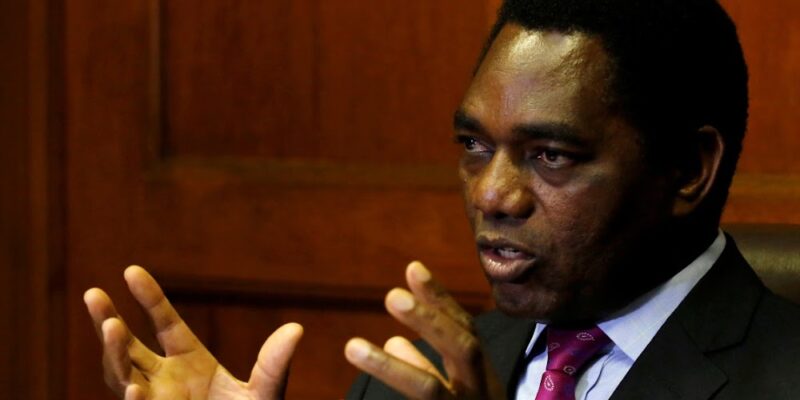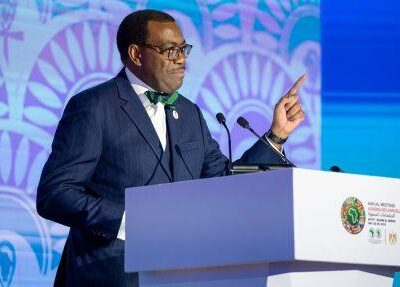“The G20 framework … I do not think I want to recommend that to any country,” Ghana’s central bank governor, Ernest Addison, said at the same Paris Club event co-chair Roos was speaking at, when asked about his country’s experiences.
Zambia’s deal will see official sector creditors reschedule $6.3bn worth of their loans while three of the country’s main bonds, worth a combined $3bn, will be rolled into two with new payment schedules and conditions.
A modest amount of bank and other loans remain to be restructured.
Former IMF general counsel Sean Hagan and sovereign debt specialist Brad Setser highlight how clauses inserted in the new deals mean Zambia — which is Africa’s second largest copper producer — will make extra payments if it recovers fast.
Those additional payments though could push its debt back up to a level where the IMF says it is at high risk of debt distress again though.
Backers of the Common Framework nevertheless insist that its difficulties are being ironed out.
Lessons learnt
Allison Holland, who heads the IMF’s debt policy division, believes lessons learnt in Zambia meant Ghana was able to get from IMF staff level agreement to programme approval far quicker.
She added that official creditors now have a better understanding of each other’s concerns and constraints and that the setting up of a Global Sovereign Debt Roundtable means the process can now be continually be improved.
Bondholder committee member Thys Louw at SA-based investment firm Ninety One thinks, however, that the struggles in Zambia were deep rooted and that the idea that restructurings have lots of “common” features is a fallacy.
“We were always optimistic in terms of engagement, but Zambia became essentially the battleground, the collateral damage in the broader themes at play,” Louw said, pointing to both the West’s hawkishness towards China and the concern initially that a wave of defaults was approaching.
One of Zambia’s legal advisers, Melissa Butler at law firm White & Case, also noted how China was singled out for criticism.
“There was a lot of finger pointing (at China) in the early days that was somewhat unfair, because there was a learning process going on,” Butler said.
“They have demonstrated that they want to engage with the rest of the international community, and in Zambia they delivered. That to me is the real win here”.
China’s foreign ministry spokesperson, Wang Wenbin, told a briefing on Friday that Beijing’s efforts had been “highly appreciated” by all sides and that it would, “continue to co-ordinate and co-operate with all parties concerned”.
The IMF concluded its review of Zambia’s Extended Credit Facility (ECF) on Tuesday — and Zambia also asked to boost that $1.3bn loan programme to $1.7bn to help it respond to the country’s worst drought in 40 years.
But will getting its restructuring over the line clear the path for the next Common Framework default wherever it crops up?
“I think it could be easier, but do I think it will get less complex? No,” Butler said.
Reuters









Comments